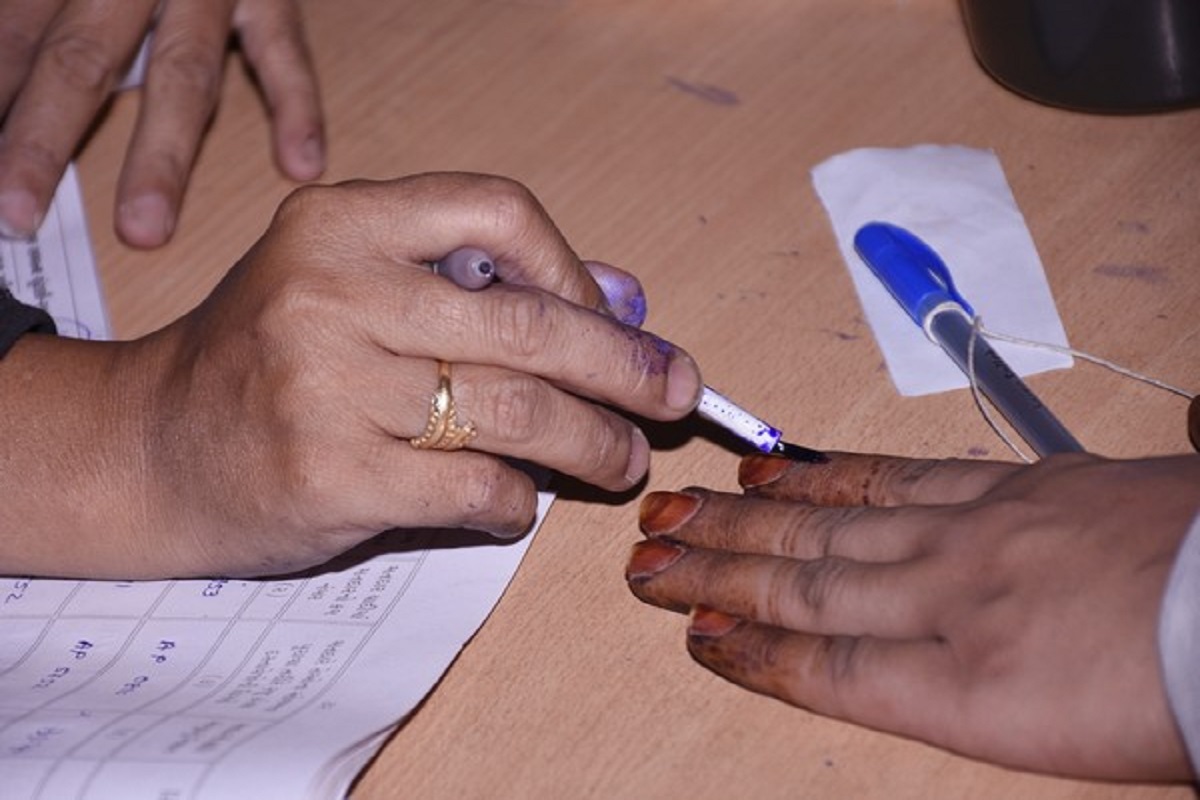With the first-phase of Lok Sabha polls inching closer and thinning of private and minibus services, commuters are likely to face a harrowing time next month.
Even as the city and its adjoining areas are to go on polls in the last phase, some of the seats of Bengal including Cooch Behar, Alipurduar and Jalpaiguri are to cast their votes in the week on 19 April. In the second phase, on 26 April, seats namely Darjeeling, Raiganj and Balurghat will go to polls. A good number of places that form the major part of Bengal’s seats are to have polls in the month of May when the fourth phase will be held. Voters of two seats, Kolkata South and Kolkata North, along with adjoining areas, including Diamond Harbour, Basirhat Dum Dum, Joynagar, Barasat, Mathurapur, Jadavpur are to exercise their adult franchise on 1 June, the last and the seventh phase.
Advertisement
The private buses in the city and the districts play a crucial role in carrying the security forces, poll officers etc. This time, they are reeling under the crisis of a diminishing fleet. With several factors, including inability to maintain buses due to higher operation costs, switching of professions by operators and so on, the number of private buses in the city and suburbs are said to have gone down considerably. On the other hand, the demand for the buses has increased in several areas, according to operators.
Given the situation, the operators are struggling to meet the requisitions made by different authorities for buses. As informed by Pradeep Narayan Bose, general secretary of West Bengal Bus and Minibus Owners’ Association, around 200 buses are to be sent to the districts for poll duty on the first phase of the election on 19 April. According to the union leaders, around 1,200 buses of North Kolkata have been requisitioned for poll duty so far.
“However, there are only around 650 buses available. The remaining would have to be hired from the districts,” claimed one of the union leaders. “As many seats of South Bengal are to vote from mid May, buses in Kolkata are likely to get reduced by then,” he added.











